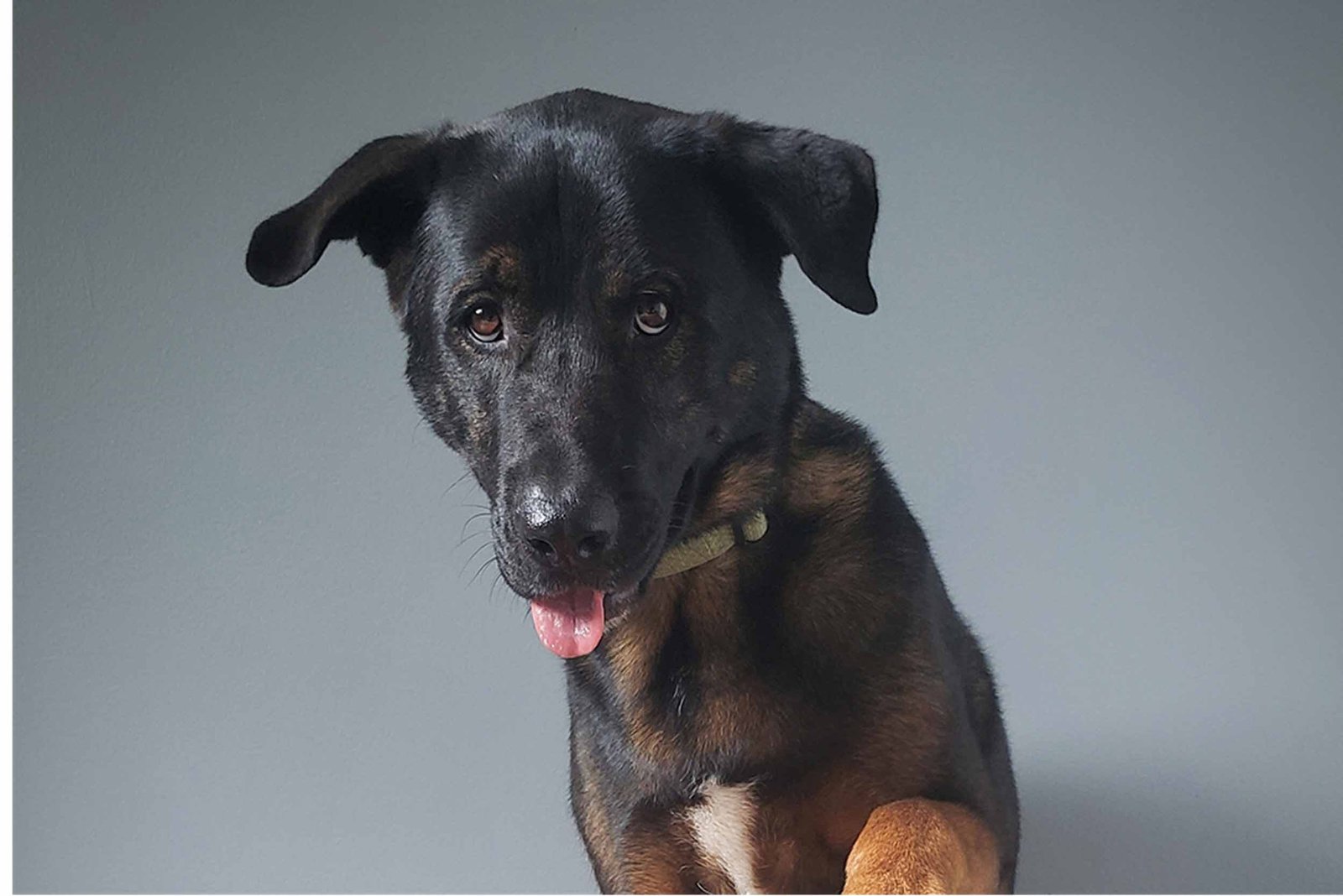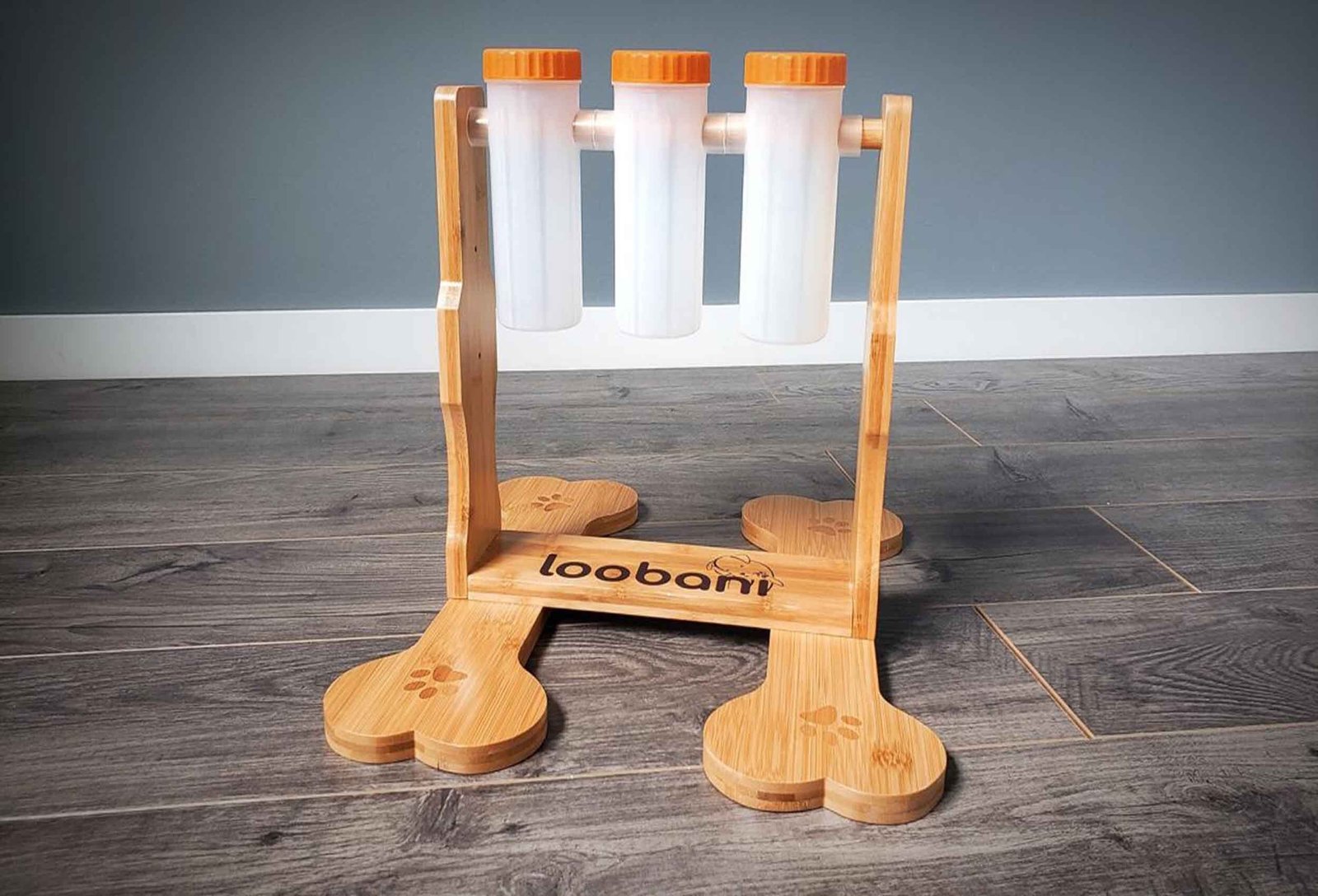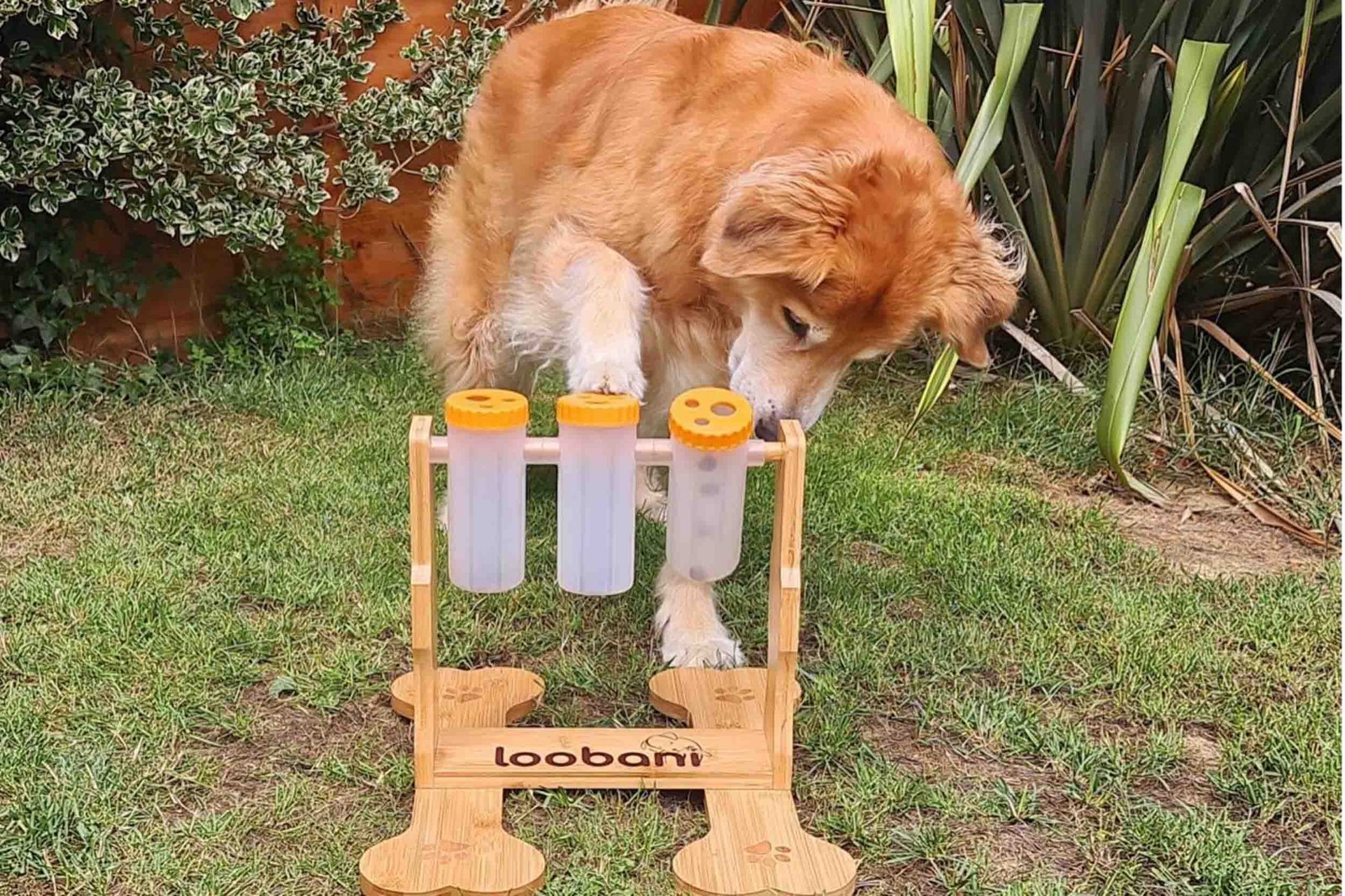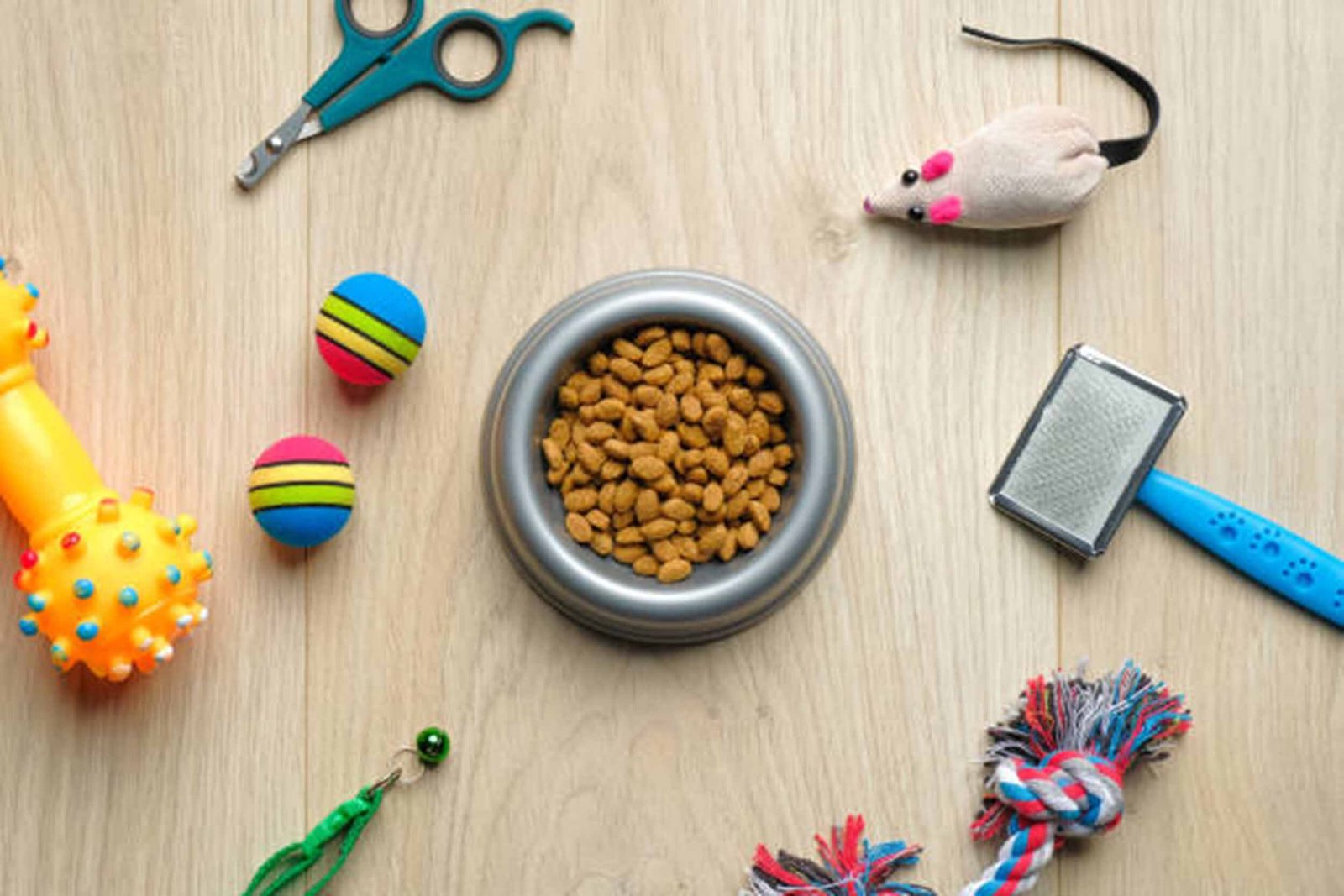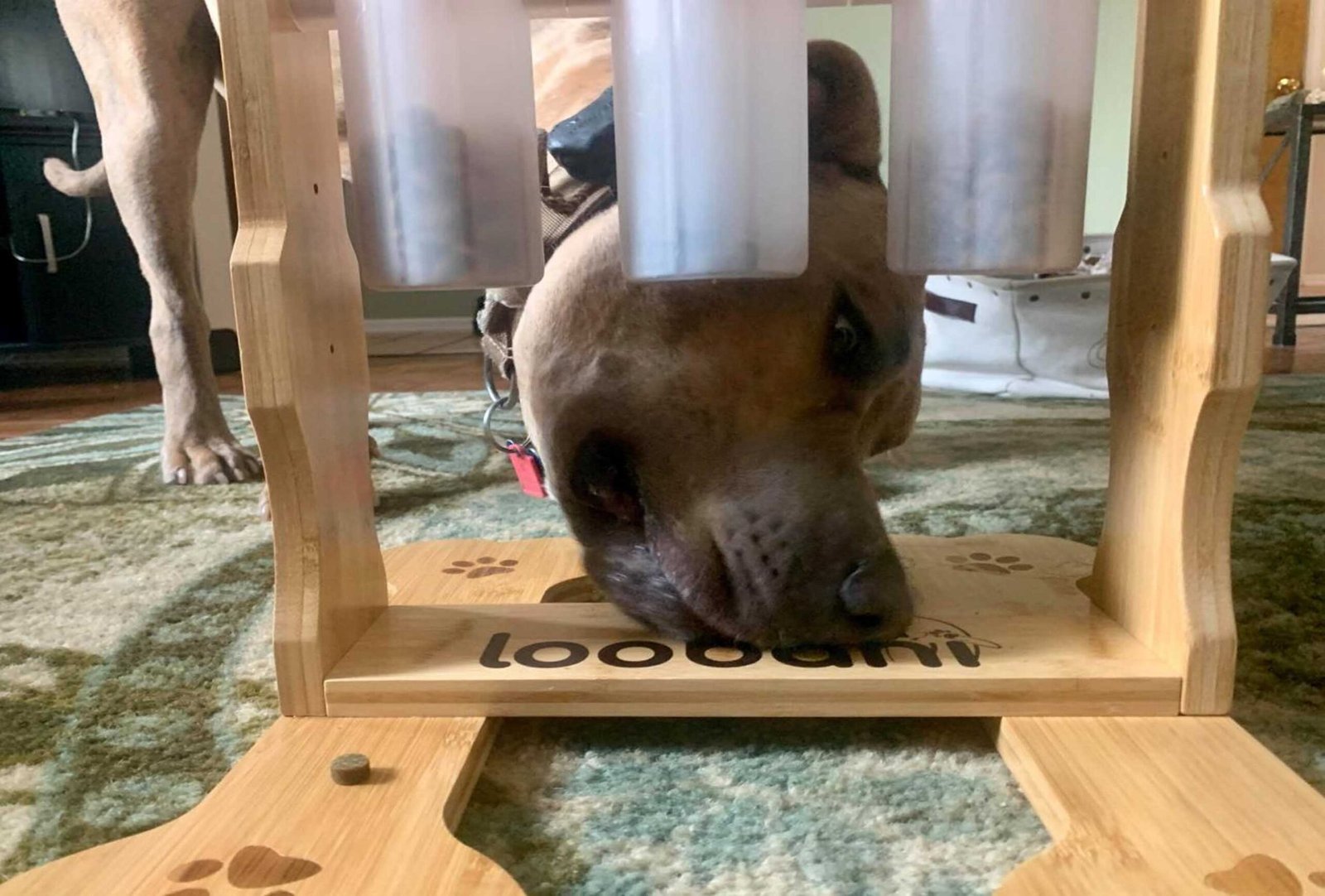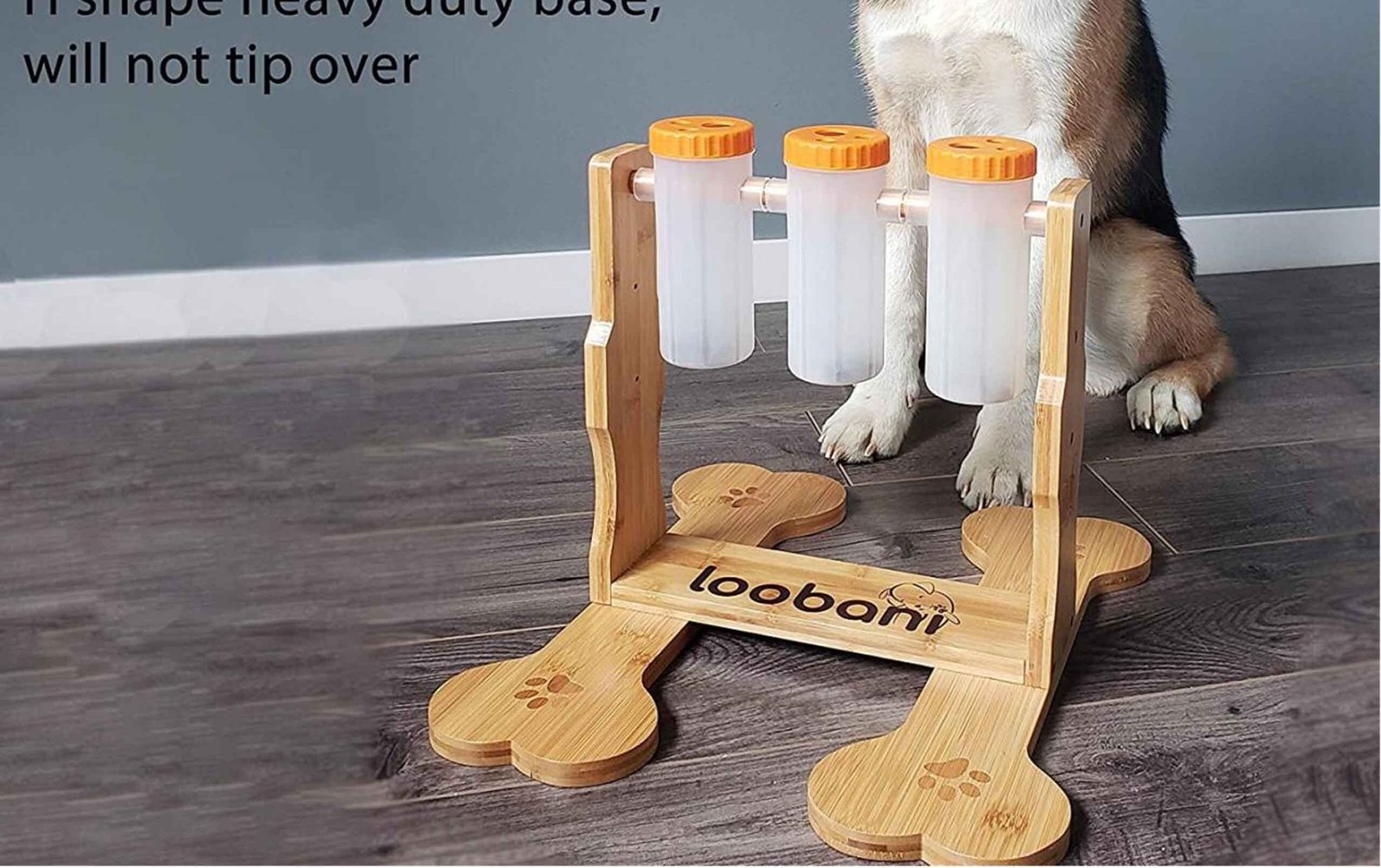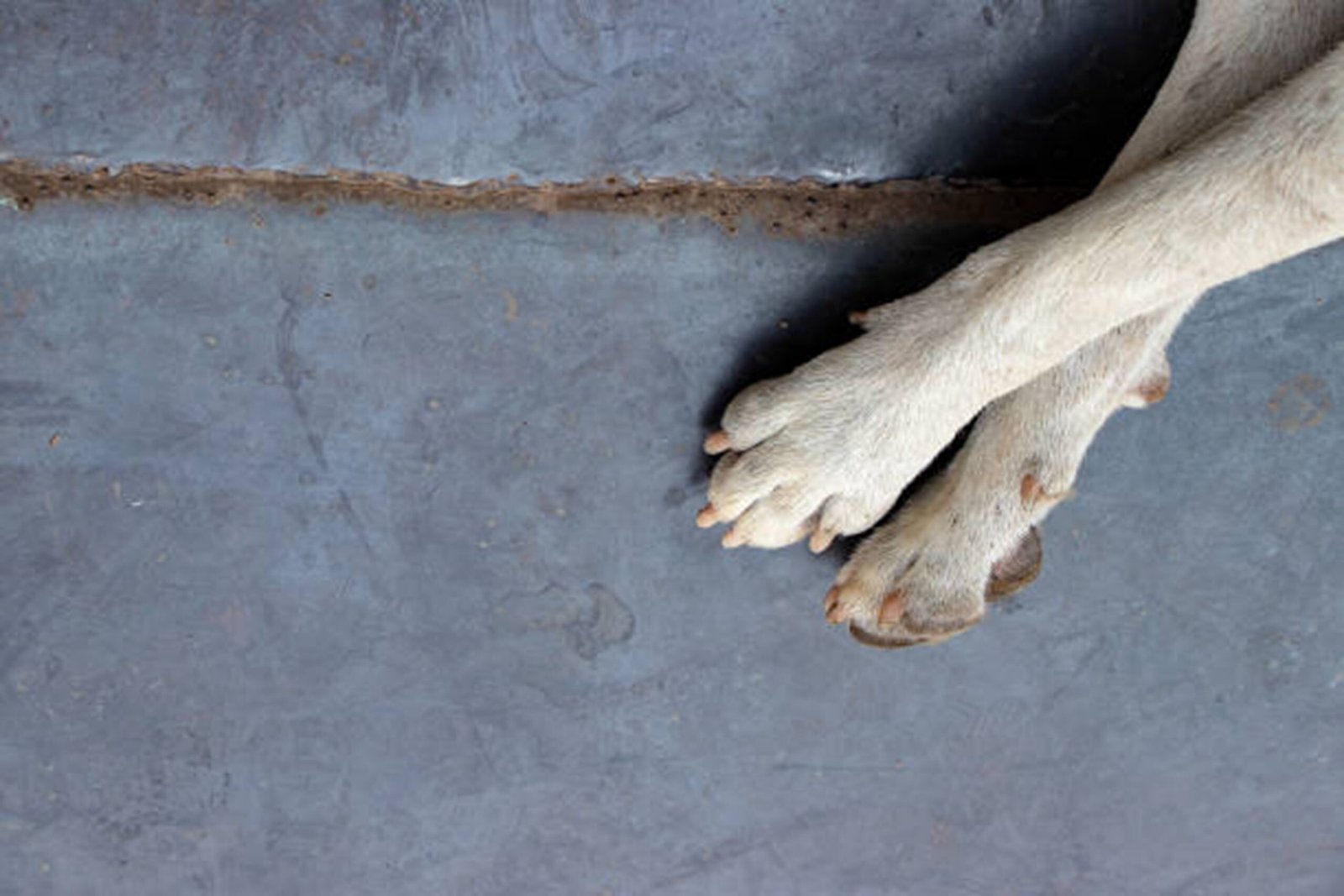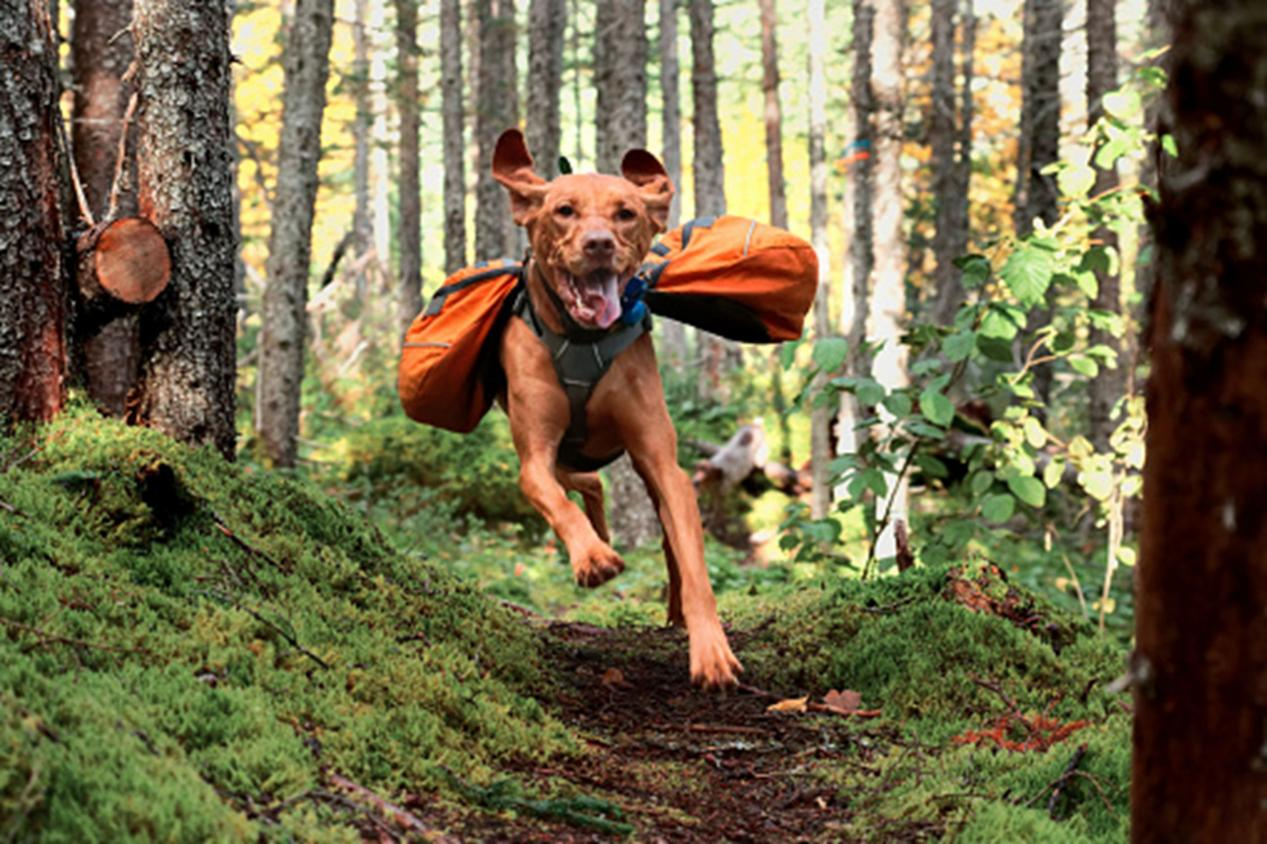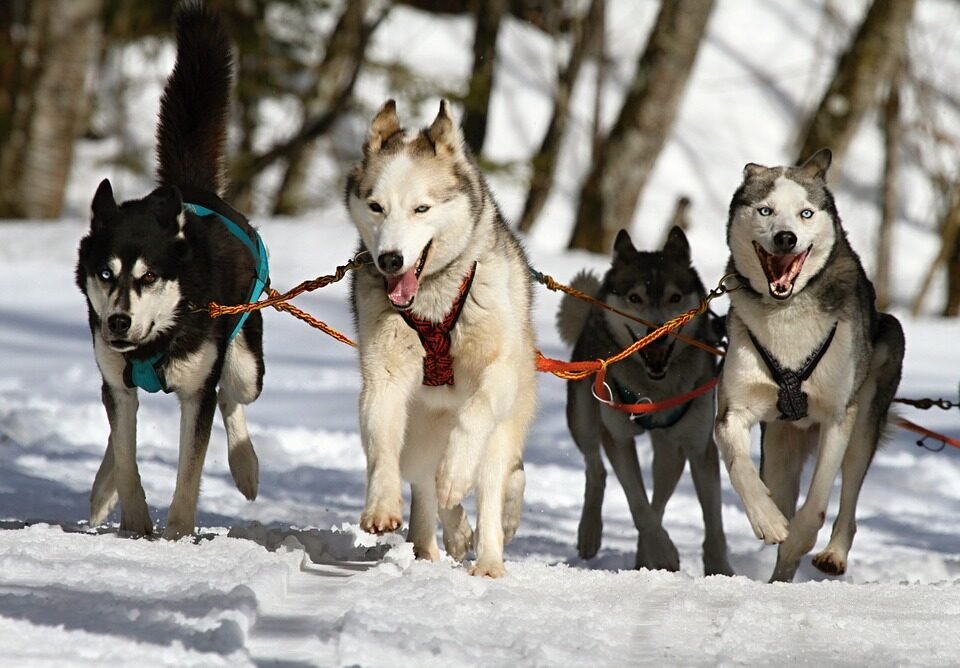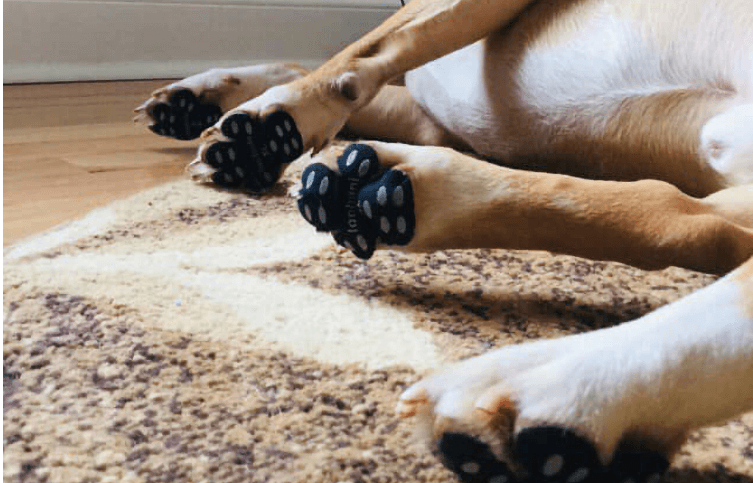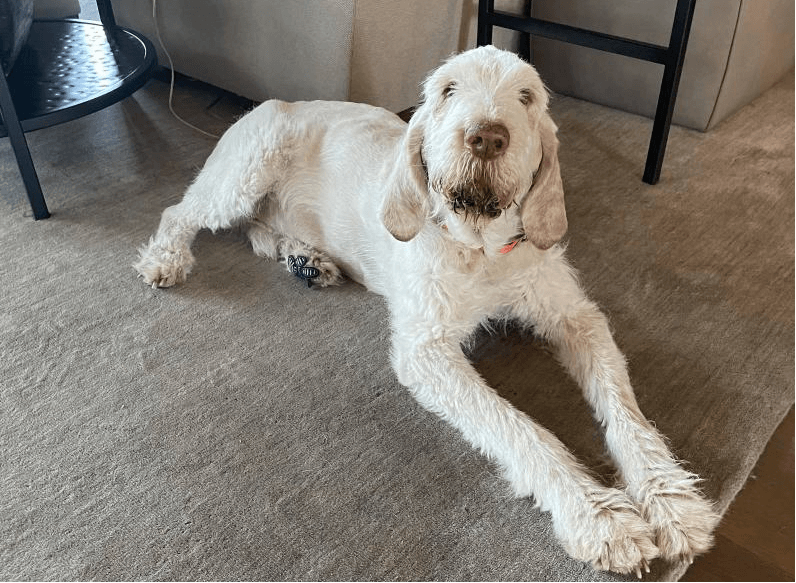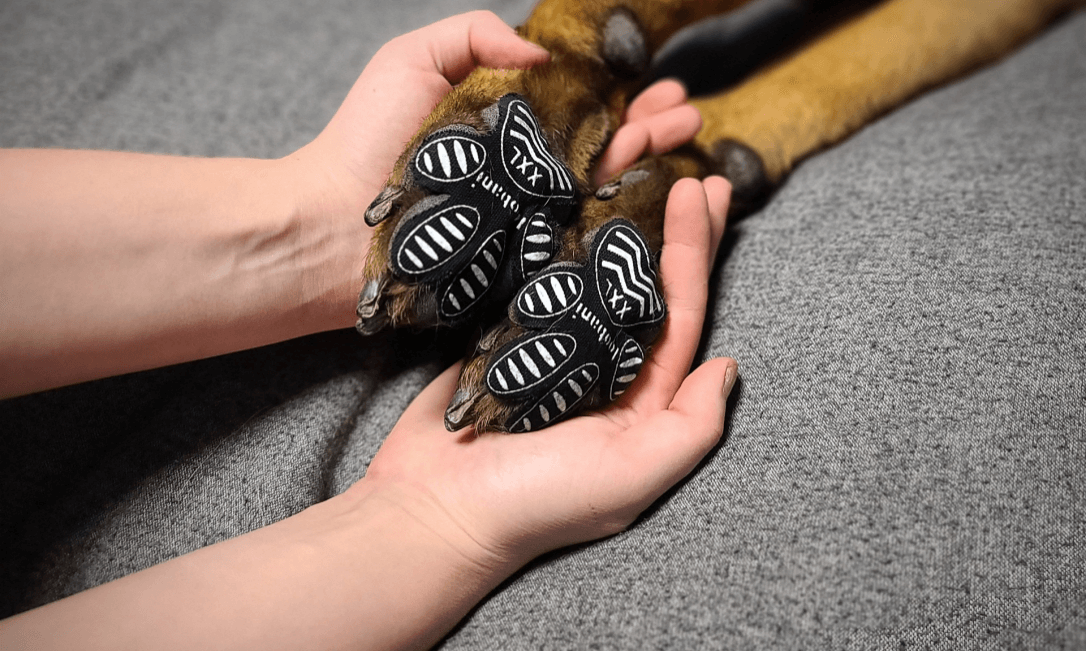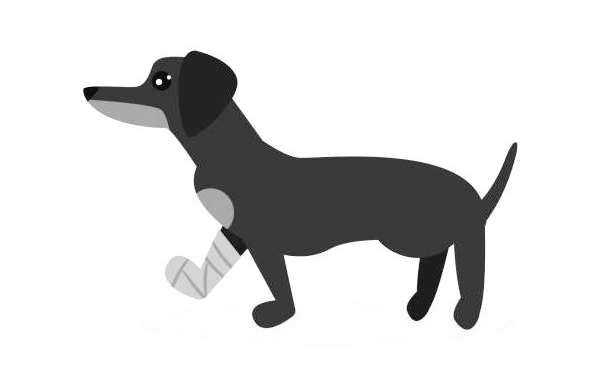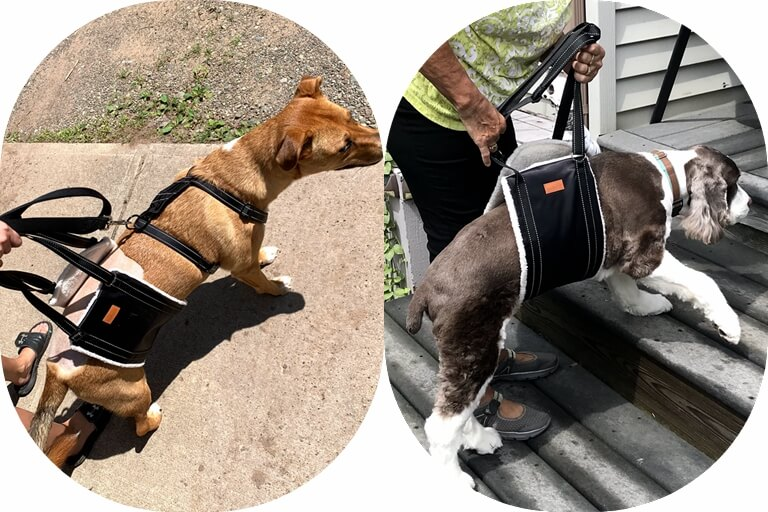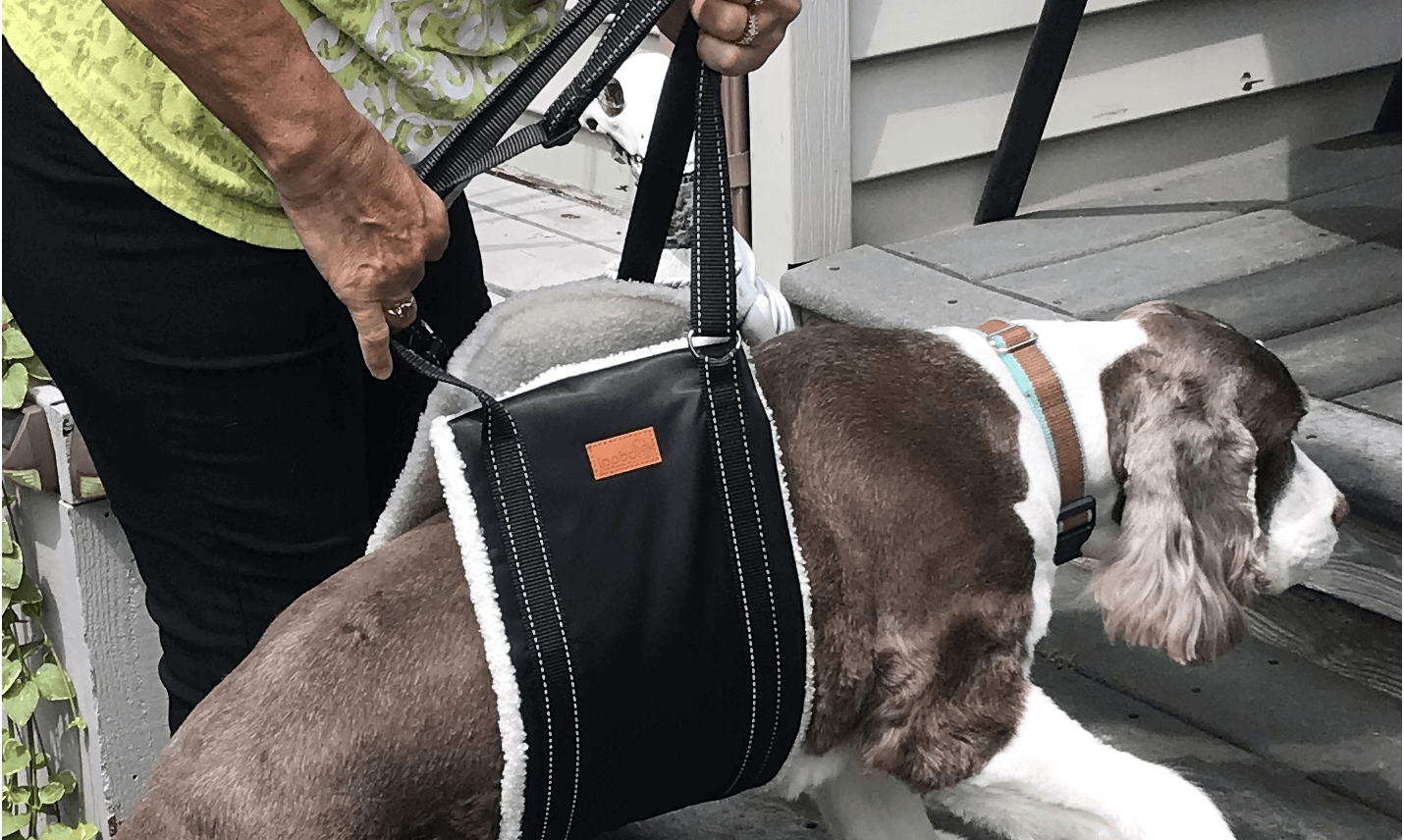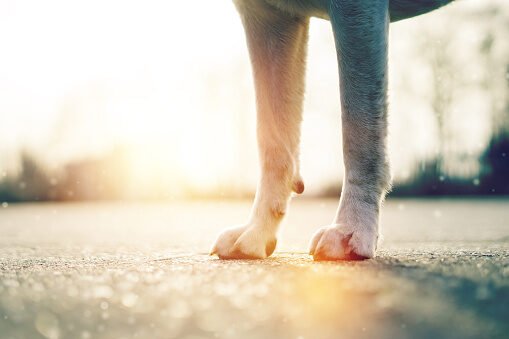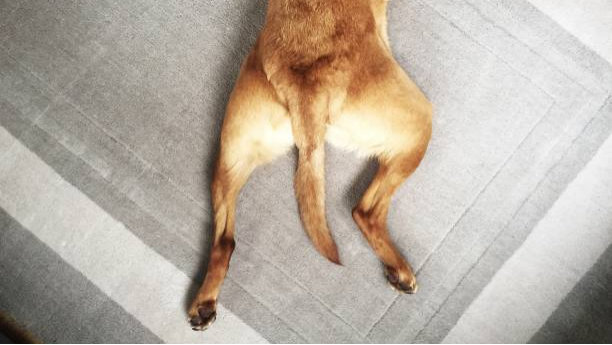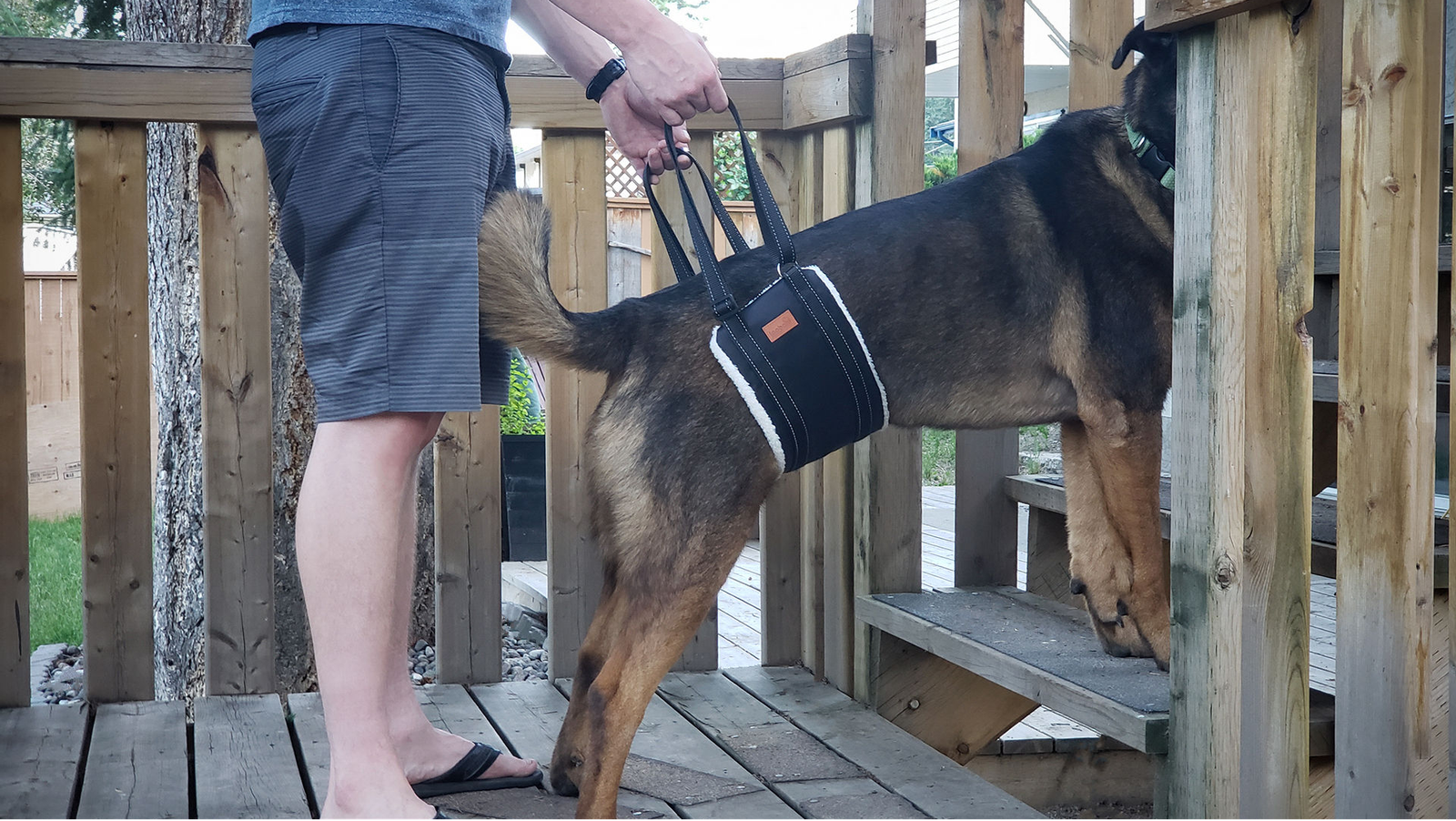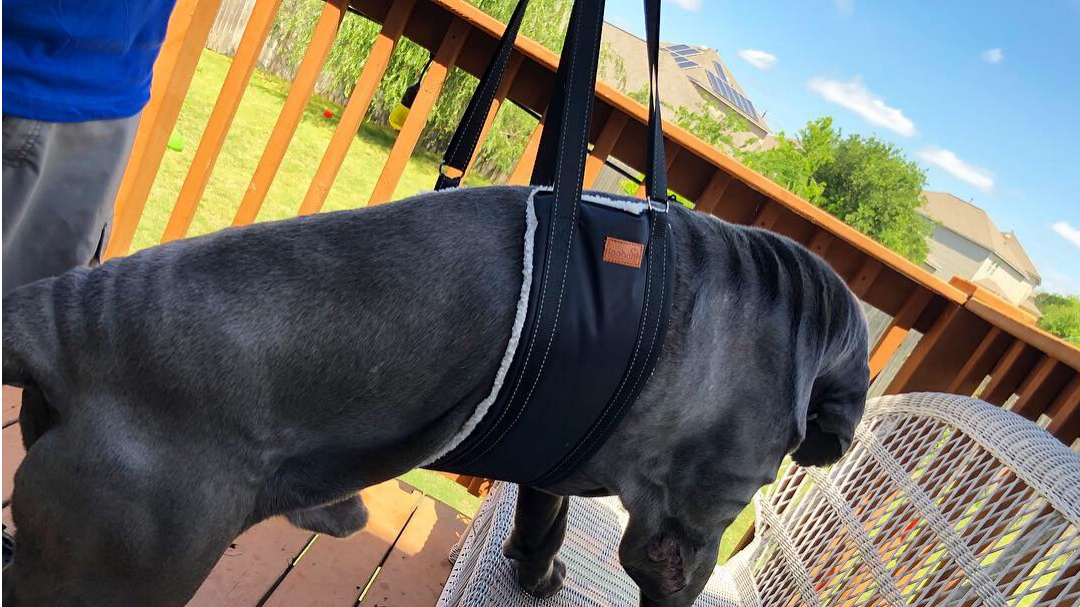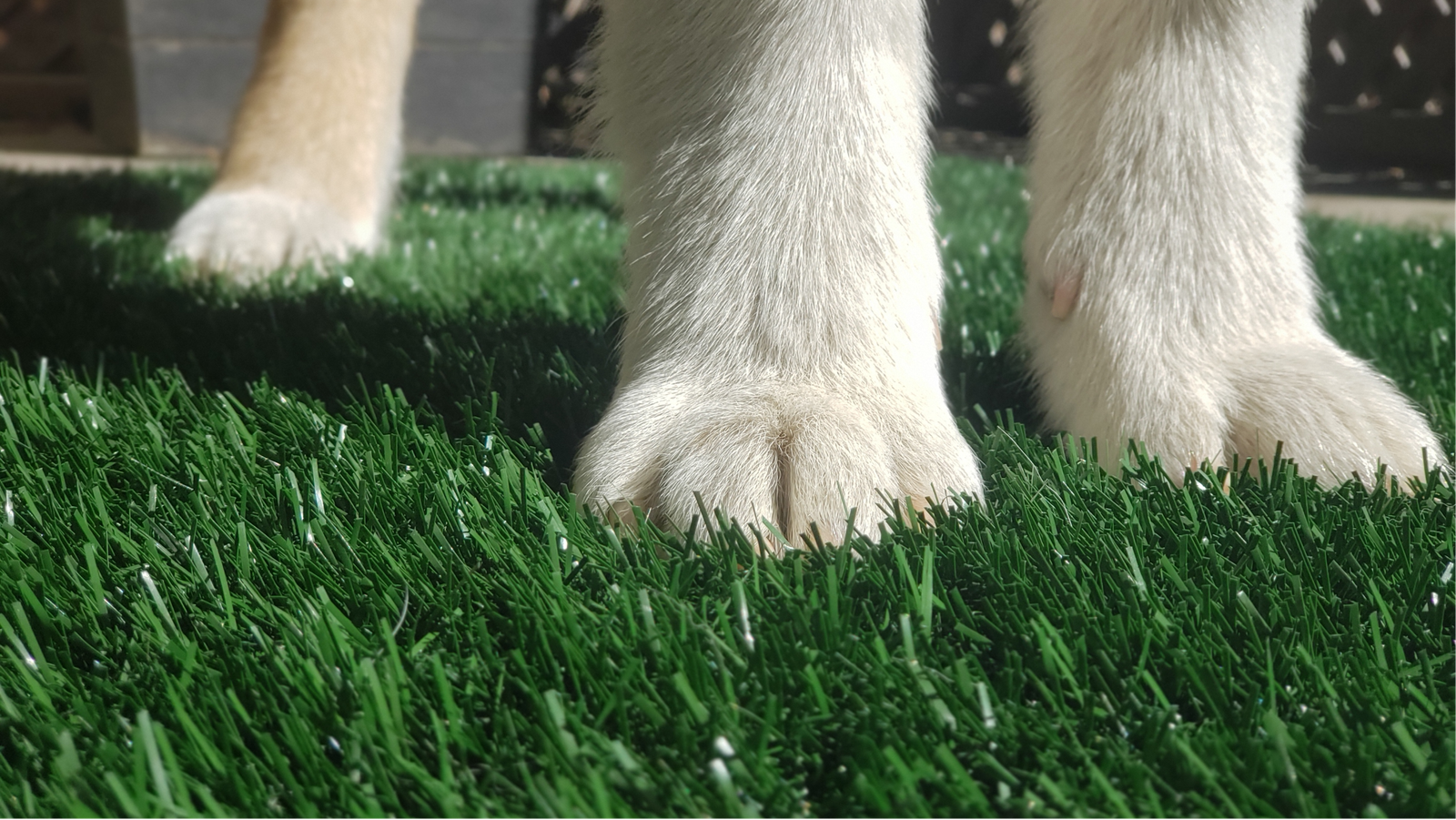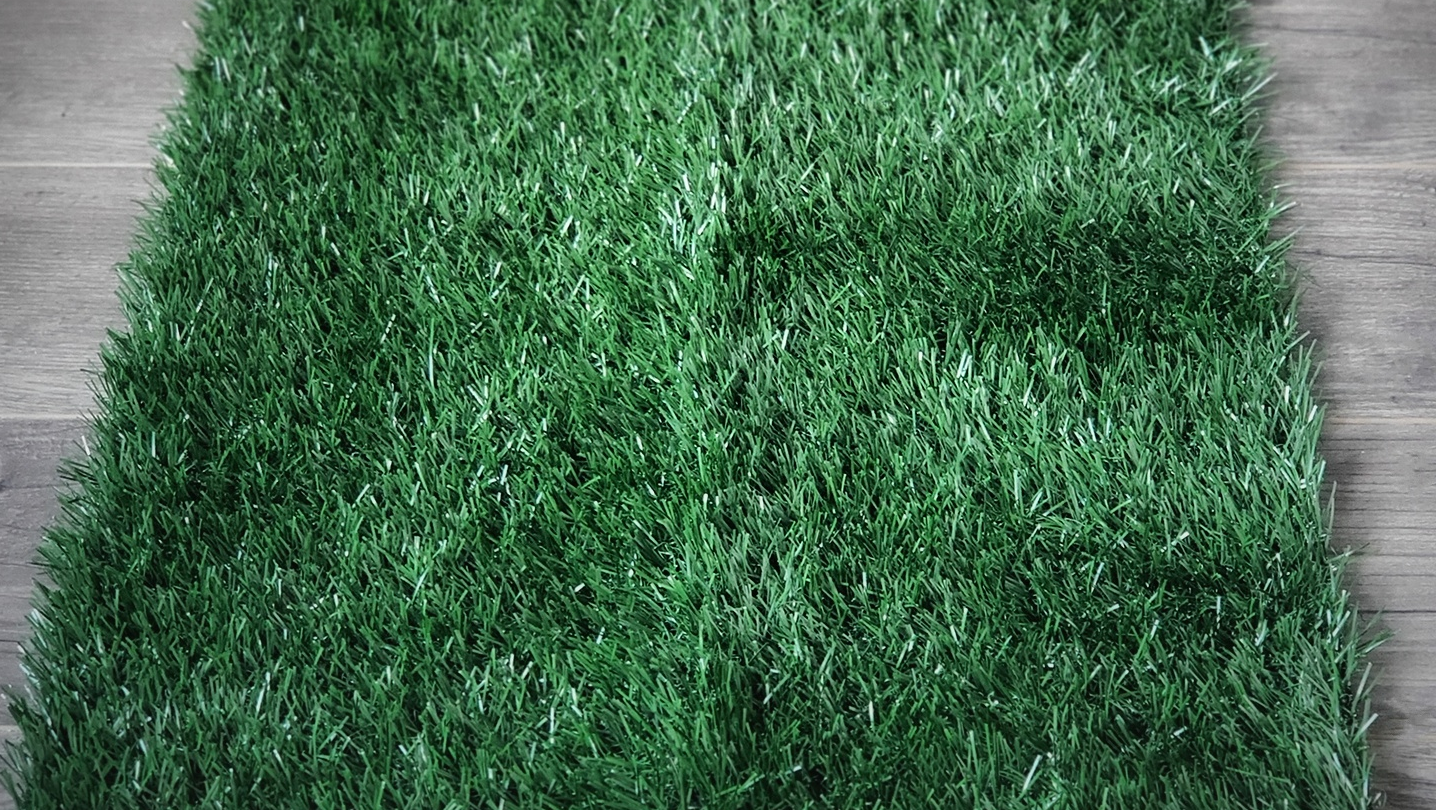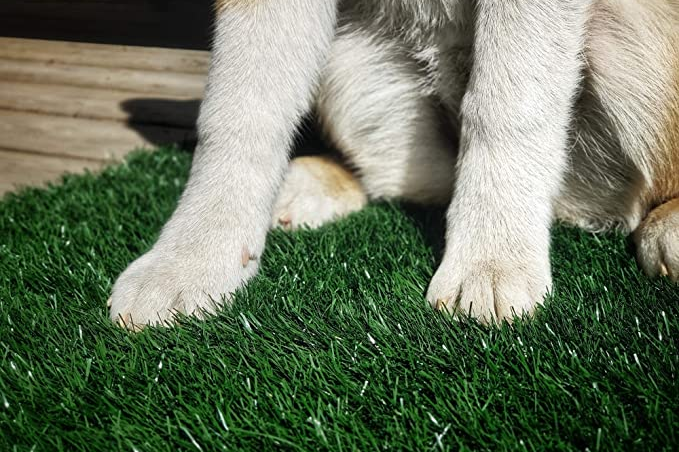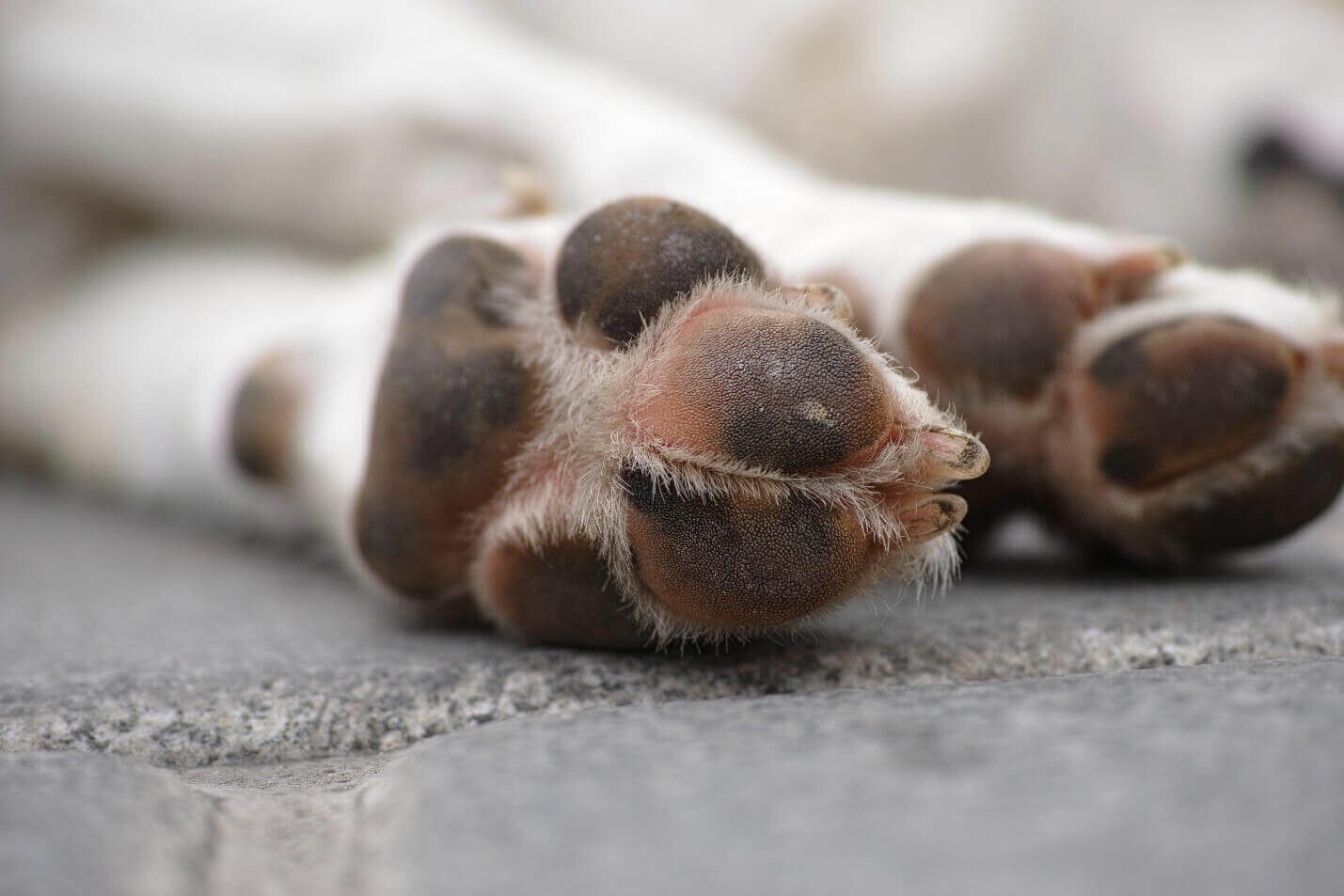Interactive treat dispensing dog toys
Loobani puzzl toy is challenging for even the smartest pups.
Interactive dog toys for small dogs
Loobani puzzl toy is greatful for small pups.
Interactive dog toys for boredom
The best interactive dog toys for boredom are puzzle toys.
Interactive dog toys with food
Interactive food toys can also prevent your dog from eating too quickly.
Indoor interactive dog toys
Ensures they get the mental stimulation they need especially if they are indoors.
Interactive dog toys for bored dogs
Dogs may benefit from the additional mental stimulation provided by a treat dispensing toy.
Durable interactive dog toys
Durable interactive dog toys can withstand the rough play.
How do interactive dog-treat toys stimulate dogs?
Interactive dog treat toys is great for dogs, including increased stimulation, improved dental health.
What are the best interactive dog toys?
When selecting interactive dog toys, make sure to consider your dog’s size and chew strength.
How to protect dogs’ paws on concrete
Keep an eye on your dog’s behavior for any signs of discomfort or pain.
How to protect dogs’ paws when hiking
Protecting your dog’s paws is essential for their safety and happiness.
How to protect dogs’ paws when running
It’s important to protect your dog’s paws and ensure their safety.
How to protect dogs’ paws at the beach
Protect your dog’s paws at the beach to prevent injury and infections.
Dog paw protection for snow
Potect your dog’s paws in the snow to prevent injury.
How to protect dog paws from hot pavement
Hot pavement can cause burns and injuries to dog’s paws.
How to protect dog paws in summer
Remember, protecting your dog’s paws during the summer is essential.
Dog paw covers for hardwood floors
Make sure dogs are comfortable and safe when using paw covers.
Dog paw protection after surgery
Let your dog try the dog paw pad covers like our paw protection on before walking.
Dog paw protection antislip traction pads with grips
Eeasy-to-use, durable, adhesive traction pads with non-slip silicone on the bottom.
What can I give my dog for weak back legs?
Take short walks to help slowly rebuild muscle.
Is a dog sling good for a shoulder injury?
Owners facing back or shoulder problems should look for a thick and adjustable sling.
Male dog sling for back legs
Our Dog Portable Lifting Sling Help Dogs with Weak Rear Legs Back Walking.
Dog sling for weak back legs
Loobani Approved Dog Lift Support Harness Canine aid.
How effective are dog slings
Having a dog sling enables you not only to keep dog with you also keep them close.
How to make a dog sling carrier?
We rounded up the best instructions on how to make a dog sling carrier sling.
Loobani portable dog sling for back legs
LOOBANI Hip Lift is a simple and effective solution for elderly dogs.
How to help my dog with weak back legs
Walking is a great way to strengthen your dog’s back legs.
Dog sling for back legs
Loobani Dog Sling for Rear Legs Helps Elderly Dogs with Reduced Mobility.
How To Use Dog Sling?
You should use the sling to give your dog support to help him walk.
How to make a dog sling
If you want to carry your dog and keep her close, DIY puppy slings will make it easy.
What happens if dogs pee on artificial grass
Artificial grass will not wither and die when a dog takes a leak on it.
Large dog grass pee pad
The Loobani dog pee grass pads come in an extra-large size.
Best fake grass pee pad for dogs
Best artificial grass puppy pad is LOOBANI Indoor Outdoor Dog Potty System.
Best artificial grass pee pad for dogs
Best artificial grass puppy pad is LOOBANI Indoor Outdoor Dog Potty System.
Best dog grass pee pad
Best grass pee pad for dogs, the LOOBANI green grass dog pee pad.
Dog grass pee pad with tray
Best grass pee pad for dogs, the LOOBANI green grass dog pee pad.
Dog grass pee pad
Grass Pad for Dogs Strong Absorbency Soft for Pets Potty Training.
Loobani dog grass pee pads
Perfect for indoor or outdoor, easy to clean & no smell.
Dog Paws: All You Need To Know About Them
Here’s everything you need to know about dog’s paw pads
Indoor dog grass pee pad
Pet owners find puppy grass pads helpful in potty training their dogs.




